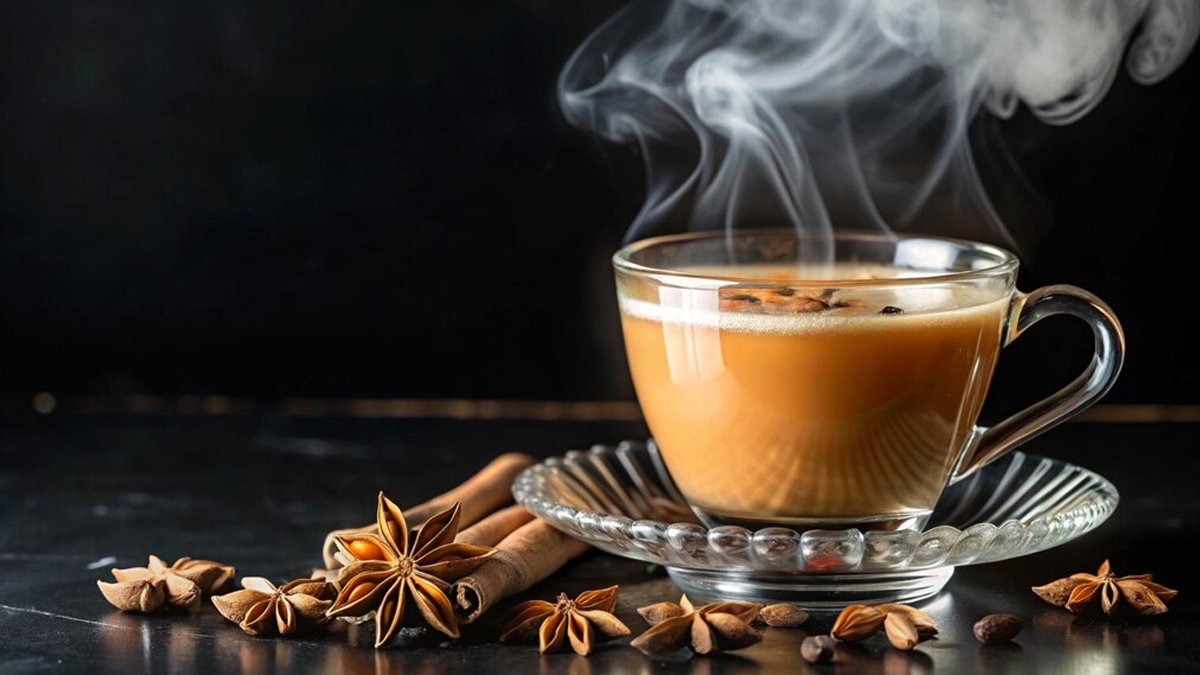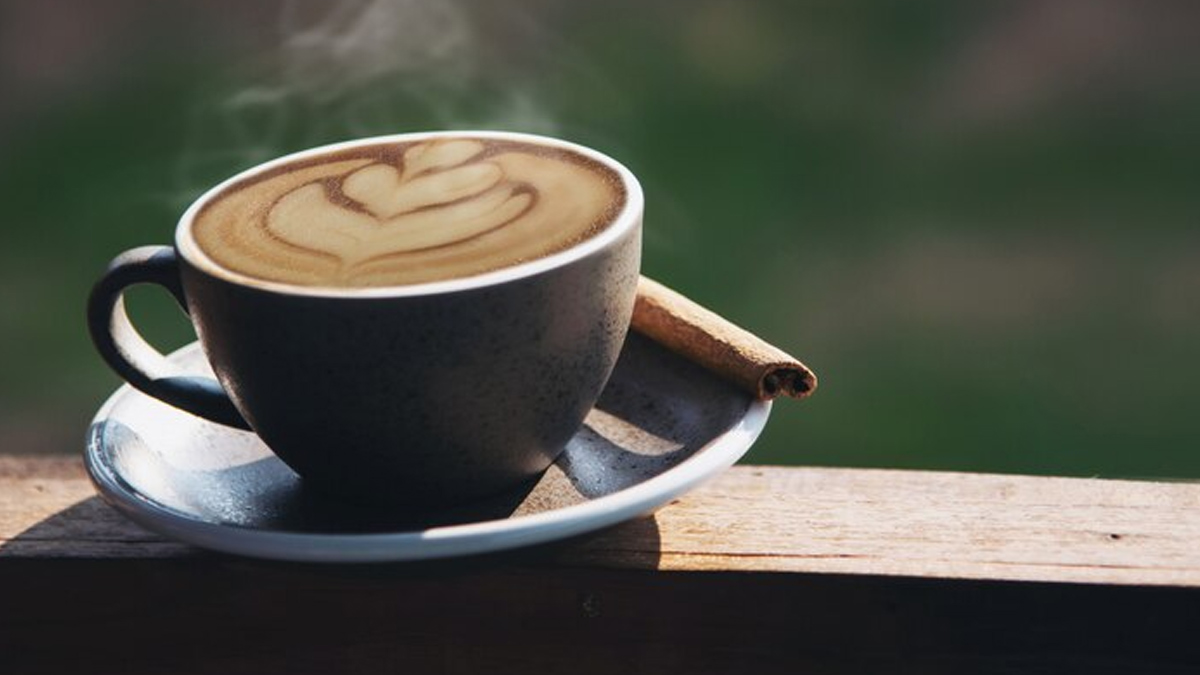
The country’s obsession with chai has been documented and known for years, and this beverage has transcended every boundary—of class, of culture, of gender. From bustling street corners to quiet mornings at home or at workplaces, chai has found its place as an inseparable part of our lives. Estimates suggest that Indians consume a staggering 837,000 tonnes of chai every year; this is a testament to our obsession with chai. Coffee too enjoys its own cult following, albeit lesser than the former.
Table of Content:-
Some may deem it unhealthy; well, the tables have turned. Recent research published in the journal Cancer suggests that your daily cup (or three) might actually lower your risk of developing head and neck cancers. Surprised? Let’s understand what the researchers have uncovered so far.
RESEARCH: Why Do Some People Feel Sleepier After Having Coffee? Expert Answers Why
What Did The Researchers Uncover?

This large-scale review looked at how coffee and tea consumption affects the risk of head and neck cancers (HNC), which include cancers of the mouth, throat, and voice box. The researchers analysed data from 14 prior studies, including roughly 9,550 people with head and neck cancer and nearly 15,800 patients without cancer, which were reviewed by the researchers. The results were surprising, to say the least.
- One cup of tea per day lowers the incidence of head and neck cancer by 9%, while three to four cups of coffee per day is associated with a 17% decreased risk.
- Drinking 3-4 cups of caffeinated coffee daily was associated with a 41% lower risk of hypopharyngeal cancer (a rare cancer located at the bottom of the throat).
- More than 4 cups of caffeinated coffee a day was linked to a significantly lower risk of oral cavity and pharyngeal cancers.
- Decaf drinkers weren’t left behind; those who consumed decaffeinated coffee had a 25% lower risk of developing oral cavity cancer.
- However, there’s a catch. Drinking tea was also associated with a slightly increased risk of laryngeal cancer (cancer of the voice box). Researchers suggest this may be linked to how tea affects acid reflux, a known risk factor for laryngeal cancer.
What Is The Science Behind The Link?
-1735282733241.jpg)
The answer lies in the bioactive compounds found in coffee and tea, including caffeine, polyphenols, and antioxidants. These compounds have been shown to reduce inflammation, which is often linked to cancer development, while also neutralising free radicals, protecting cells from damage. This further inhibits cancer cell growth, stopping the spread and metastasis of cancer. We can understand why recent research on coffee linked it to longevity too.
The research has also highlighted how polyphenols in both caffeinated and decaffeinated coffee contribute to these anti-cancer properties by blocking angiogenesis (the formation of new blood vessels that feed tumours), suppressing cancer cell proliferation and invasion, and promoting cancer cell death.
Does Your Tea or Coffee Type Matter?
It could be possible that the type of tea you drink might influence these benefits. In Asia, where green tea consumption is more common, stronger anti-cancer effects were seen as compared to black tea, which is more popular in Europe and North America. Green tea is packed with catechins, powerful antioxidants that may provide an added layer of protection against cancer.
RELATED: Lung And Colon Cancers Linked To Airborne Microplastics, Says Study: Tips To Mitigate Risks
A Word of Caution for Chai and Coffee Lovers

While the findings are promising, moderation is key. Excessive consumption of any beverage, including chai or coffee, can have its downsides. Overindulgence may lead to issues like acidity or insomnia, and certain brewing methods (like excessively hot tea) might increase cancer risks. Also, it is essential to take note of the fact that researches are conducted on samples and considering individual differences, what may work for one may not necessarily work for another.
Keep Having Your Daily Cup Of Chai, But In Moderation
Your morning chai or coffee isn’t just a comforting ritual; it could also be a small yet significant step in reducing your cancer risk. Whether you’re a chai lover or a coffee fanatic, this study gives you one more reason to have every sip without a worry (but again, in moderation). So, go ahead, pour yourself a cup, and drink to good health.
Also watch this video
How we keep this article up to date:
We work with experts and keep a close eye on the latest in health and wellness. Whenever there is a new research or helpful information, we update our articles with accurate and useful advice.
Current Version